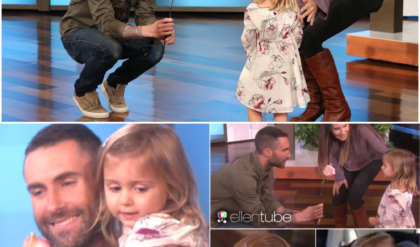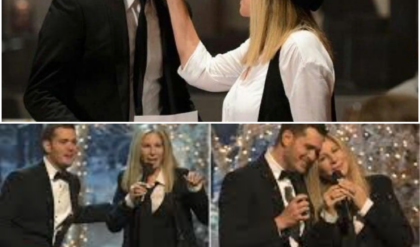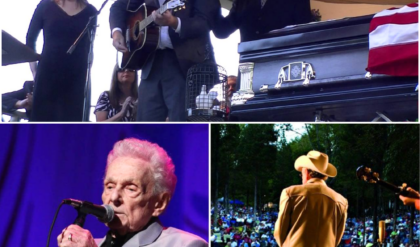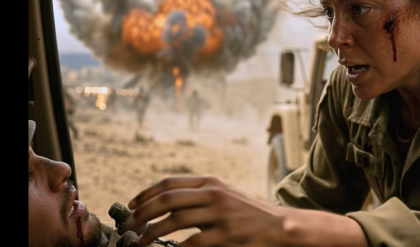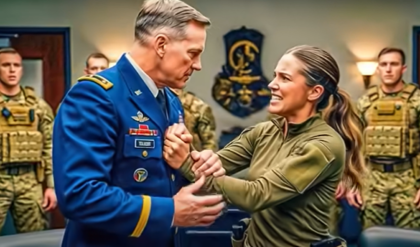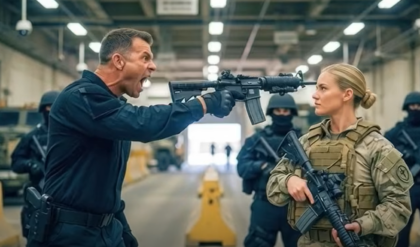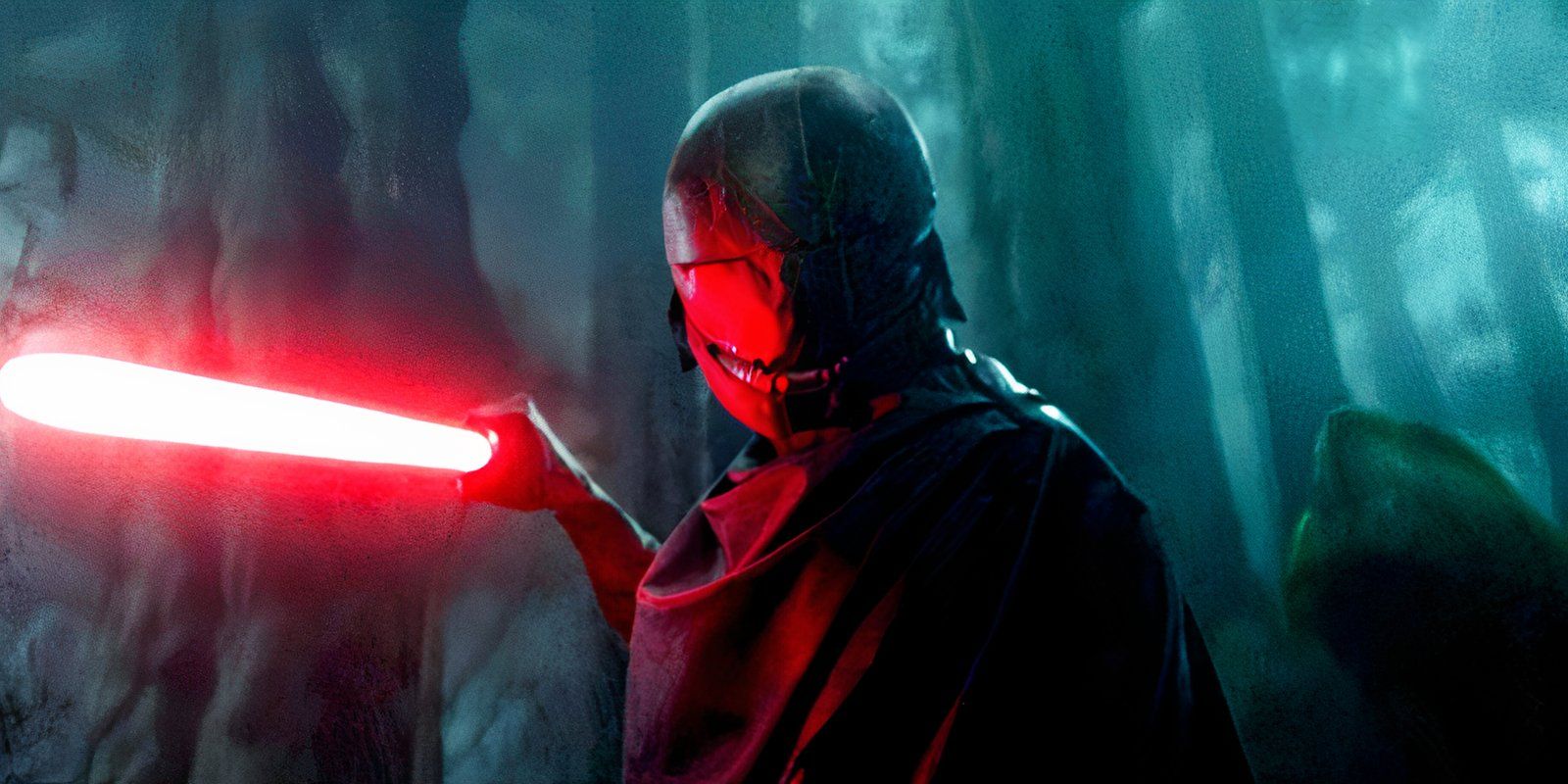
Speaking with Entertainment Weekly, Keen speaks about killing characters and praises Headland for doing so with aplomb. She mentions that there are directors in blockbuster sagas who are afraid of killing off their characters, or that when they do, they sometimes bring them back to life with writing tricks that Keen feels are a bit “cheeky.” Keen says that she was glad to see that Headland wasn’t afraid of killing off characters, saying that Headland has a backbone as a writer and enjoying Headland’s decision to actually show viewers that The Stranger was a villain instead of saying so. Read her comment below:
There are so many directors in blockbuster sagas that are so scared to kill off their characters, and are so comfortable with bringing characters back to life, and all of these little writer tricks that I think are quite cheeky. And I really like that she was actually killing people. Because if you’re not making it dangerous, then why are we even here? Why are we concerned by the story? Why do we care? Leslye has such a backbone as a writer, to make you fall in love with these characters and then slaughter them all like pigs and be like, “Yeah, this is our villain. We’re not just saying he’s so big and scary, we’re actually showing you how big and scary he is.”
Leslye Headland Understands That The Best Stories Include Loss
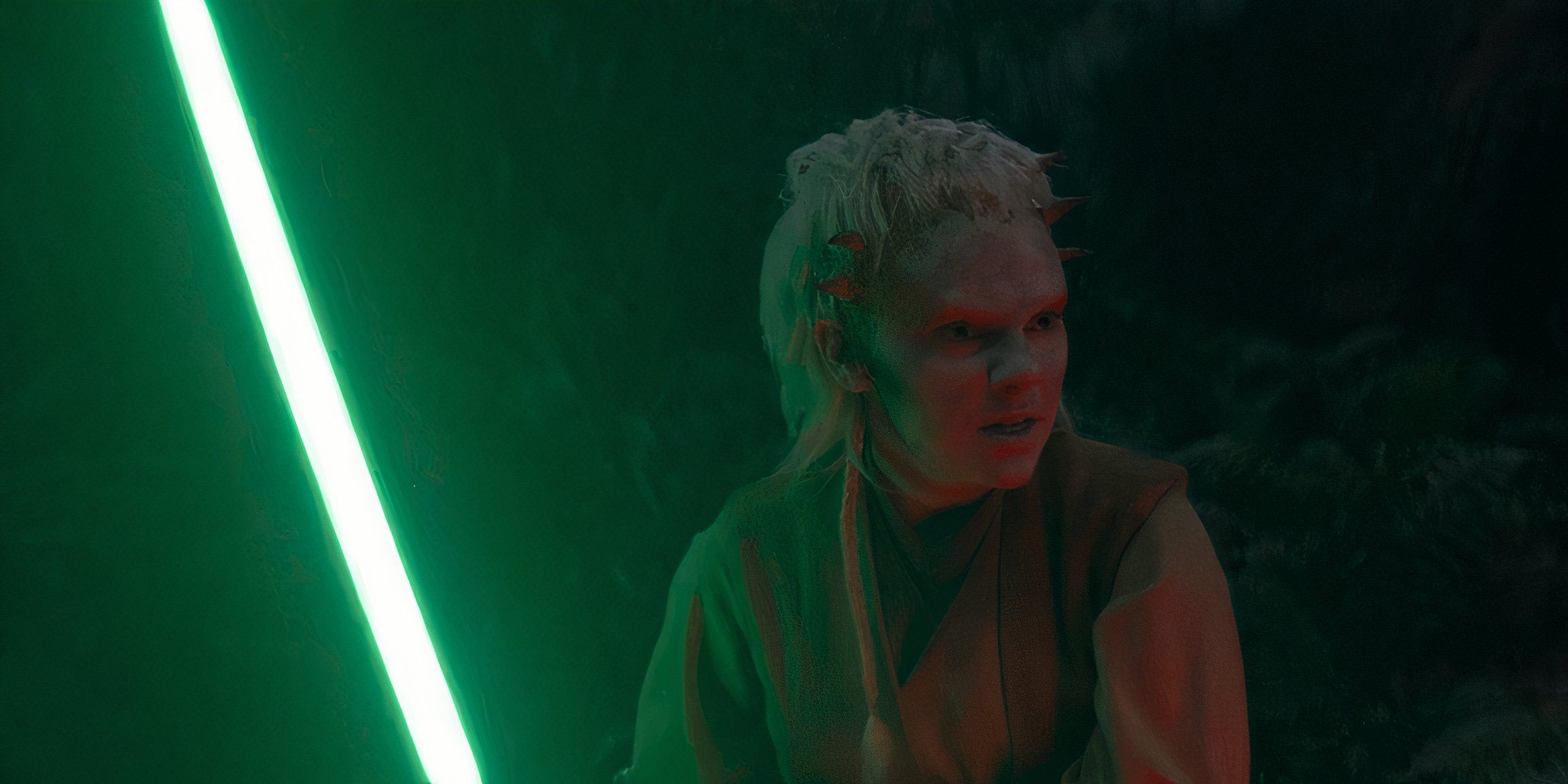
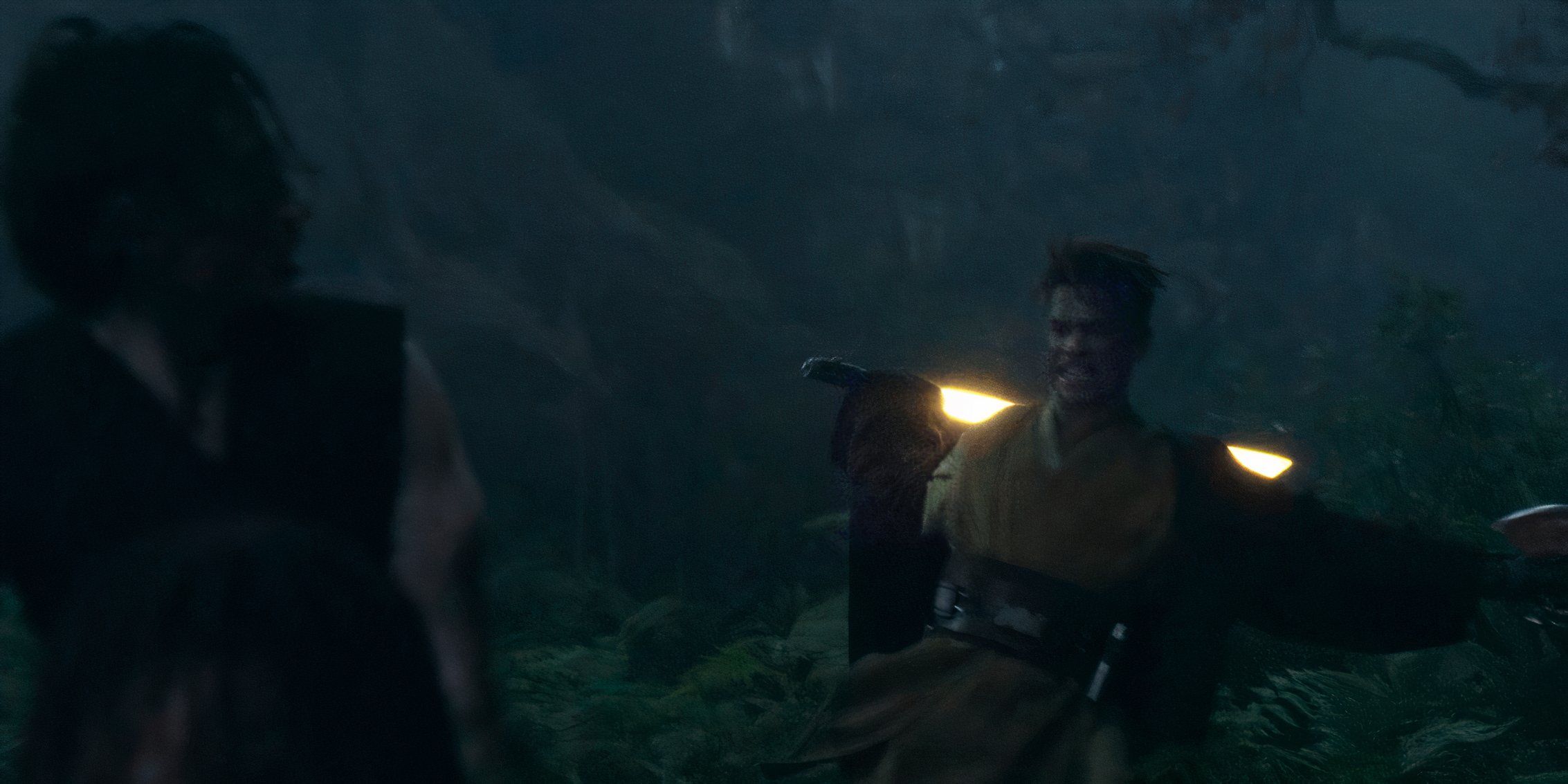

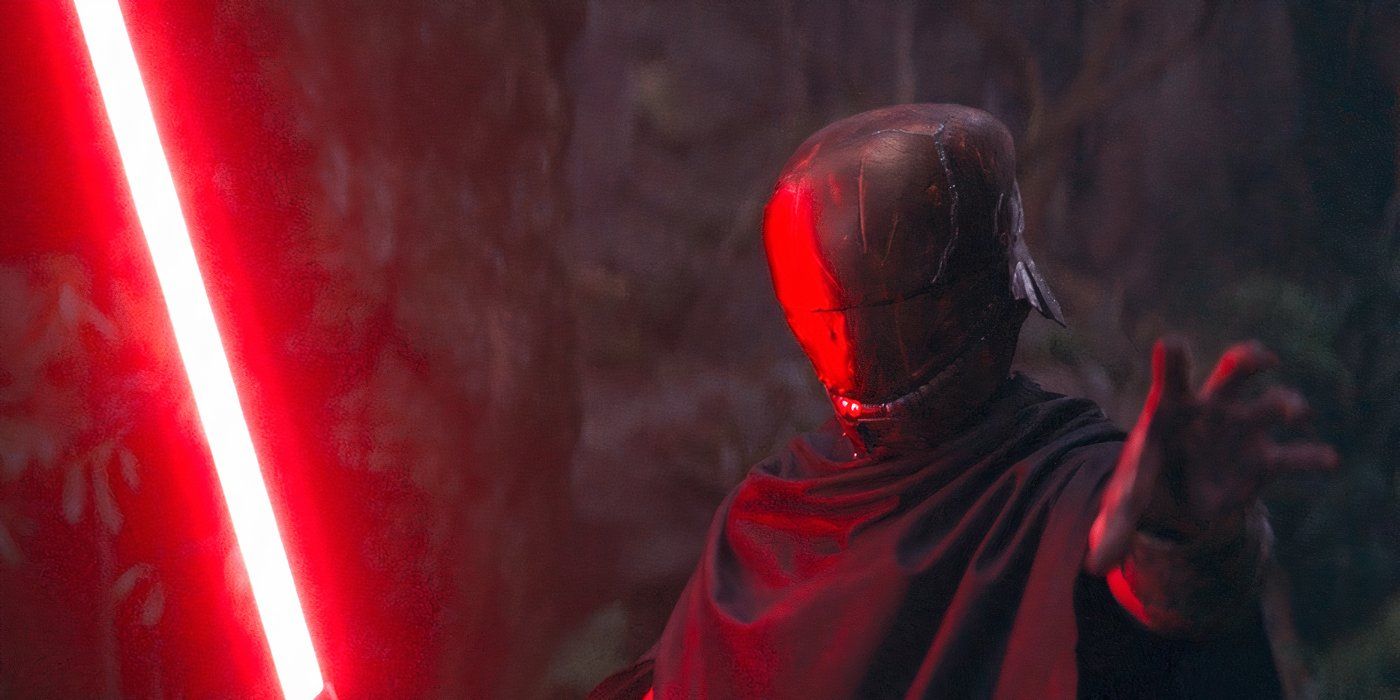






There needs to be loss and danger, strong tension and conflict that drive the story forward. Without these elements, one is left with a narrative that isn’t compelling.
The fifth episode of The Acolyte saw the death of many characters. While most of these were seemingly unimportant or newly introduced characters that could be killed at any moment, beloved characters weren’t off-limits. This makes the death of Jecki all the more unsettling, as when viewers see that the others are being killed left and right, there’s a sense of comfort in knowing that the more established characters will leave unharmed.
That wasn’t the case with The Acolyte’s fifth episode, resulting in a breathtaking episode that raises the stakes. Keen’s comments resonate with what makes a great story. There needs to be loss and danger, strong tension and conflict that drive the story forward. Without these elements, one is left with a narrative that isn’t compelling, and the deaths that occur in The Acolyte’s midpoint of an episode are meaningful and speak to the series’ apparent flare for strong structure. The heroes lost the first battle, and now, their pursuit of victory is not just wanted by them, but by the viewers as well.
With the death of Keen’s Jecki, it’s now personal for Lee Jung-jae’s Master Sol. Since revenge is not the Jedi way, Sol’s purpose and journey are now even more complex, as the want of revenge for his Padawawn’s death is not that irrational. It’ll be satisfying to see Sol grapple with the death of Jecki and the conflicting emotions that follow. With three episodes left on The Acolyte, there’s still room to properly portray Sol’s experience with grief and room to unmask Sol’s secrets.
